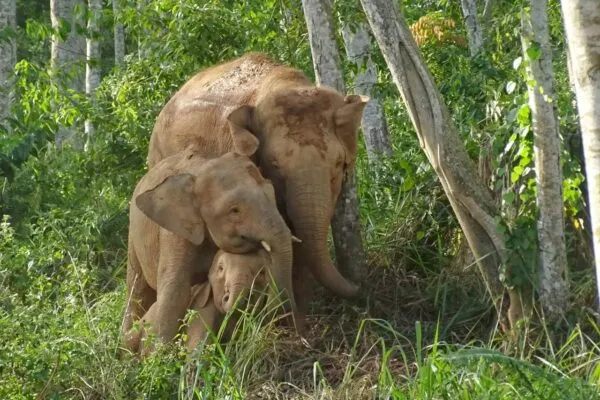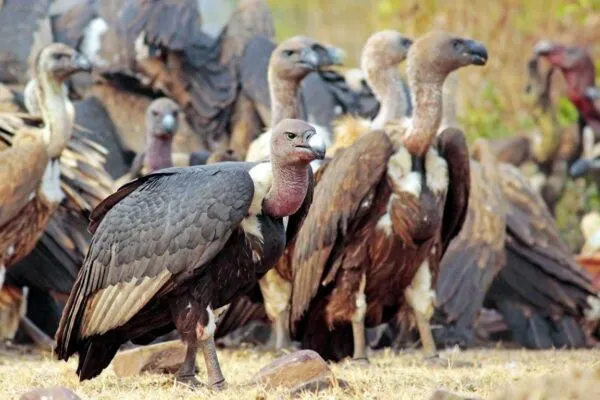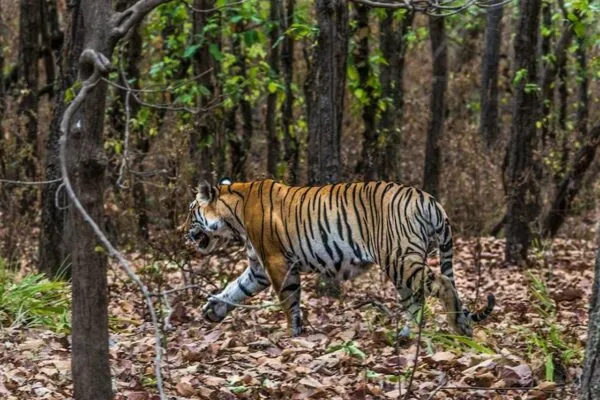Sole Survivor: Rare Bengal Tiger Cub Born at Cuba’s National Zoo
The endangered tiger cub was born after 20 years of breeding attempts
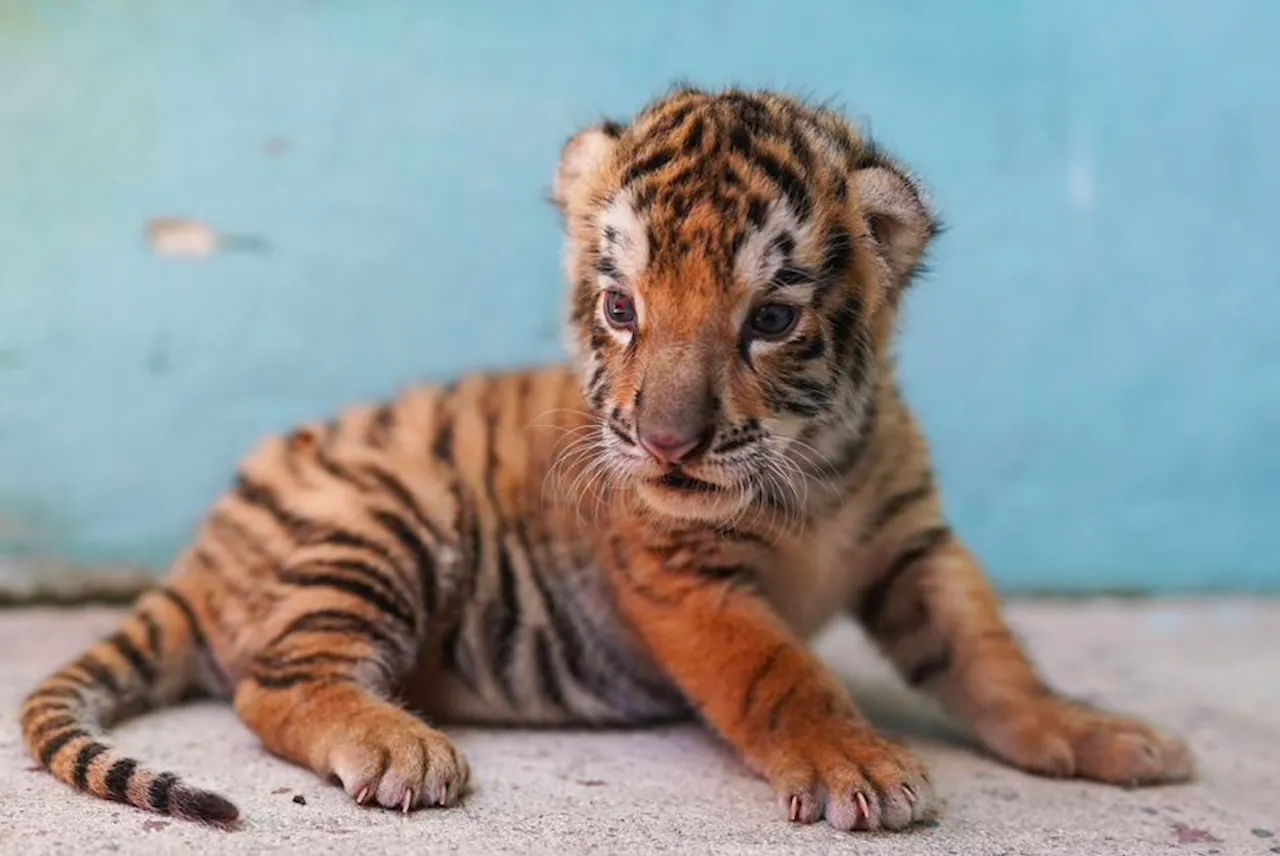
Image: Alexandre Meneghini/Reuters
While the zoologists are trying hard to conserve the beautiful Bengal tigers, good news has come from Cuba’s National Zoo in Havana. A rare endangered Bengal tiger cub was born at this zoo. The tiger cub was born after 20 years of breeding attempts – sadly it is the only cub that survived out of the four newborn cubs.
Four cubs were born to a female tiger, Fiona, and her mate, Garfield. Unfortunately, only one cub survived as its siblings suffered from destructive neurological issues and could not live long.
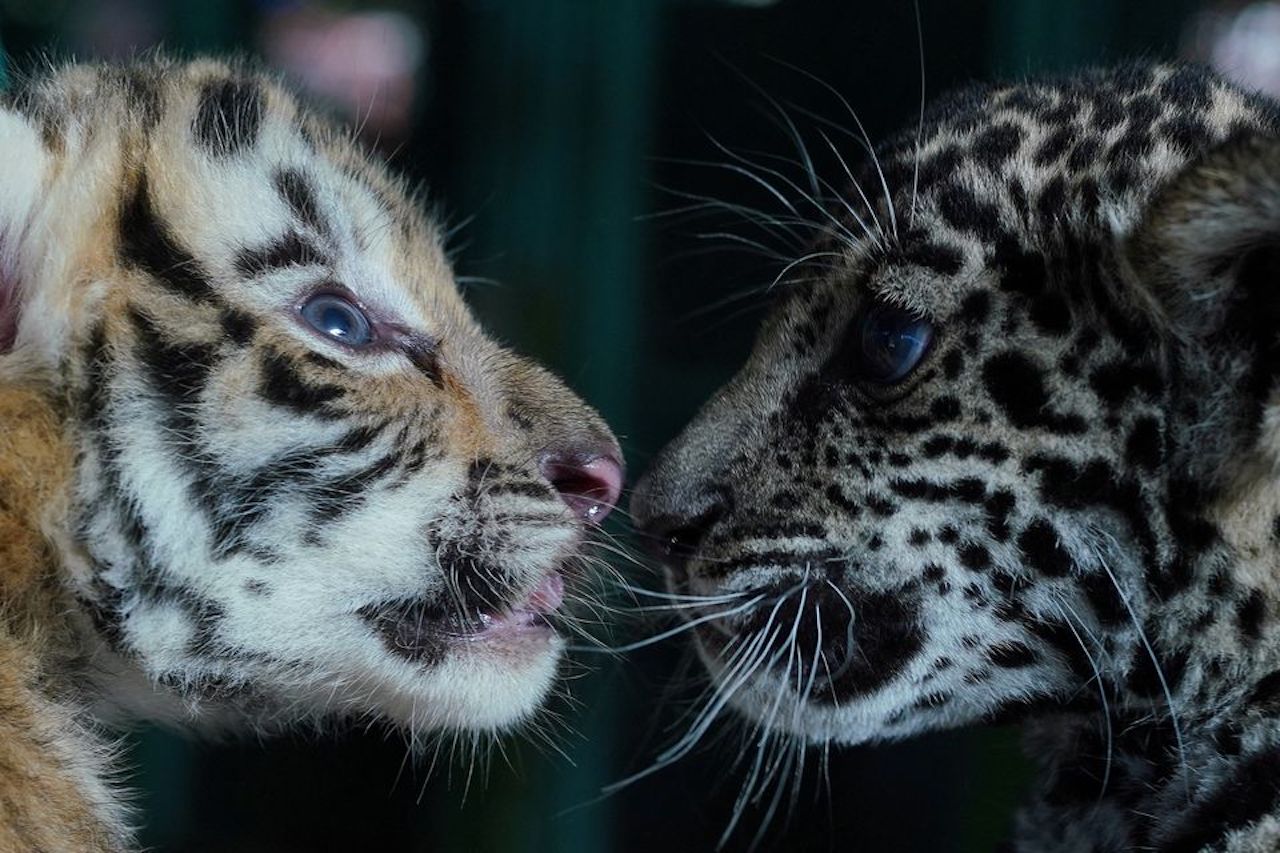
Image: Alexandre Meneghini/Reuters
Now a team at the zoo is taking care of this only surviving cub, who was born underweight. This adorable cub is yet to be named. 21-year-old Maria Karla Gutierrez, who works at the Cuban Zoo, mentioned that the birth of this cute cub was an occasion of joy. It is very tiny and now the team feeds it milk via a baby bottle.
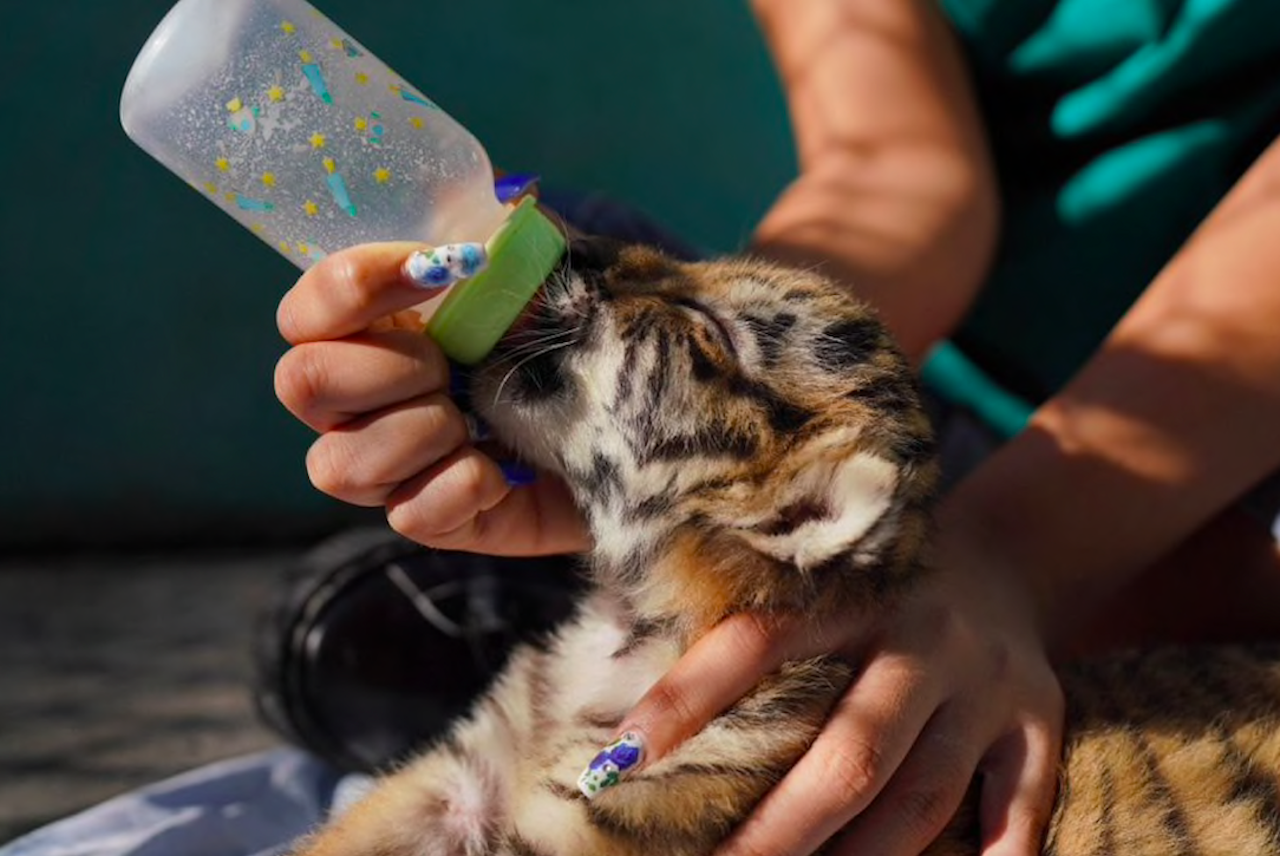
Image: Alexandre Meneghini/Reuters
The woods of India, Bangladesh, and Nepal were once blessed with thousands of Bengal tigers that boast orange coats. But the wildlife specialists say that their population has dropped to only 2,500, as a result of overhunting, deforestation, and poaching in the regions where Bengal tigers lived.
Three of the total nine tiger sub-species in the world have gone extinct in the past century. Scientists now believe that the fourth sub-species, the South China tiger, is also on the verge of extinction.
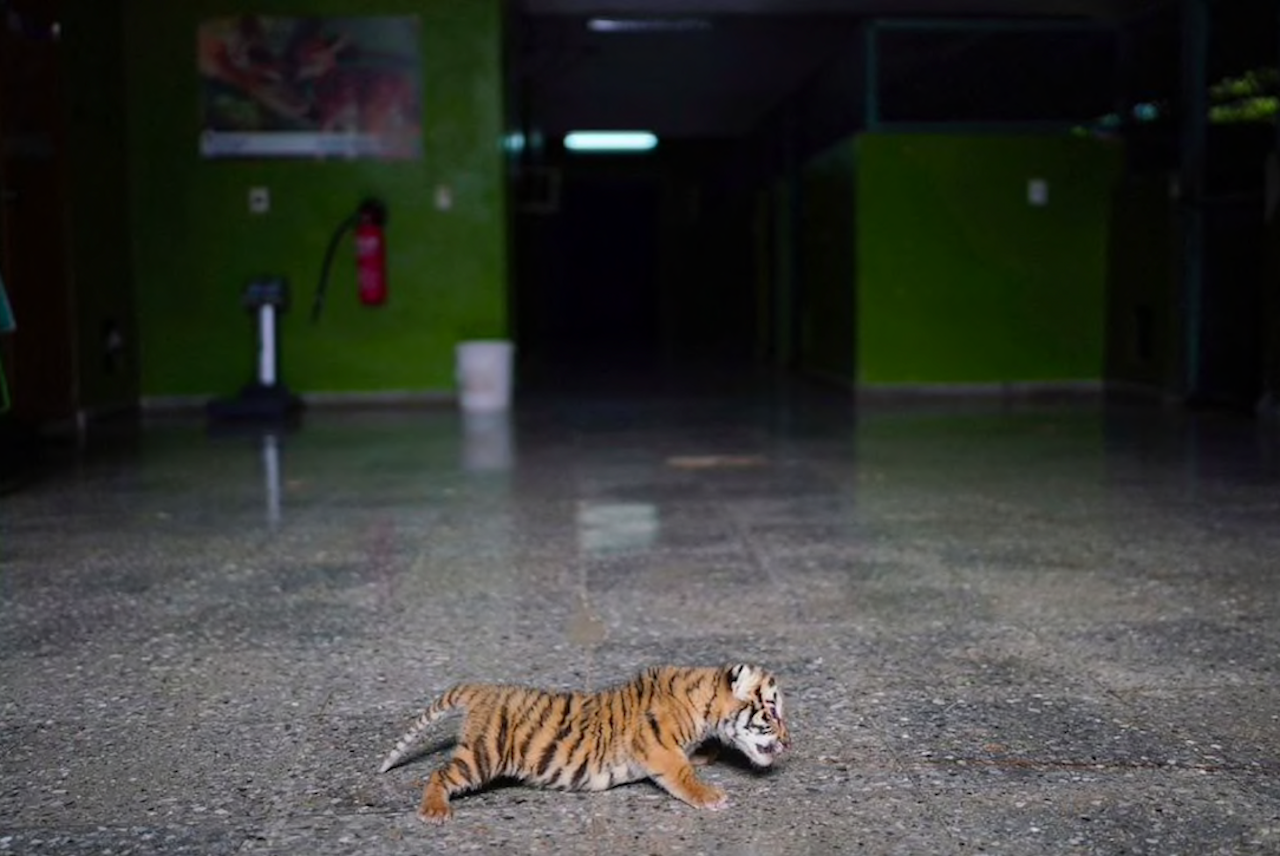
Image: Alexandre Meneghini/Reuters
Cuba’s National Zoo is a popular attraction for tourists and locals. This zoo has 1,473 specimens of over 120 species, including rhinos and elephants. With the birth of a rare endangered Bengal tiger cub, the team at the zoo is very thrilled. This birth could be a sign of hope to reproduce more of these beautiful creatures and probably increase their population.
Via: Reuters
